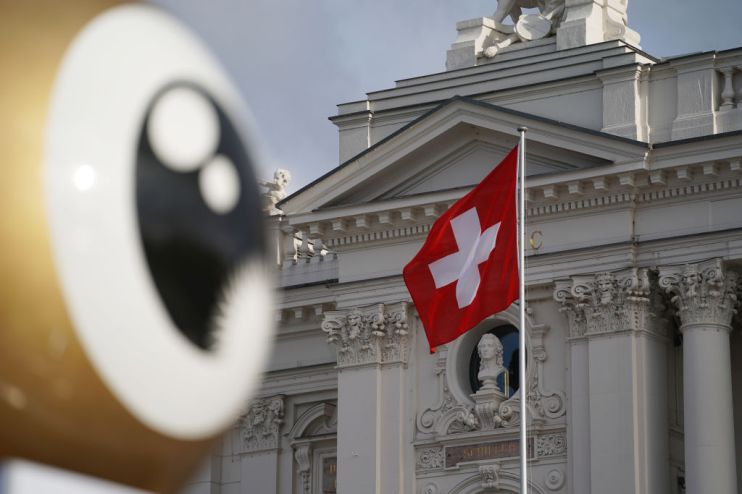The City and Zurich can set a positive tone for free market competition

The decision that trading firms, regardless of where they are situated, will be able to trade Swiss shares on UK exchanges should not just be seen as a political football, On the contrary, this agreement should be a symbol of a return to a more competitive market.
Whilst rules such as MiFID II have sought to make equity markets fairer and more open, there have been some unintended consequences on smaller alternative trading venues as well as asset managers, hedge funds, brokers and banks – in the face of increased competition from more lightly regulated US players.
These alternative trading platforms, which have done much to reduce costs and increased choice for investment managers, are currently restricted in the way they do business.
Read more: The City’s Big Bang 2.0 might well be green-powered
Research shows that executing large blocks of shares without having to show your hand to the wider market in advance, particularly in small and mid-cap stocks, is a highly efficient form of trading. The trouble is the European rules have limited trading in these venues to only eight per cent of market turnover.
These arbitrary restrictions on one of the most innovative forms of trading is not great for competition. Hence why this link up between UK and Swiss financial centres comes at a much-needed time.
Aside from liberalising share trading between two of Europe’s most established financial centres, the UK, like Switzerland, now has more direct influence on domestic market structure.
From relaxing leverage restrictions on more complex financial products to devising on more friendly environment for fast growth companies to list, the demands of the market can be met more successfully if a local regulator has a more principles-based approach.
We have already seen positive signs of this with the FCA’s recent decision to remove the trading size threshold for EU listed stocks. This could mean that post-Brexit Britain sees somewhat of a renaissance in investment managers looking to trade stocks in large size on UK venue without the price moving away from them.
Read more: SPACs: The blank cheque vehicles loved by Richard Branson, Tidjane Thiam and Wilbur Ross
UK financial institutions must look forward. While there are clearly costs to incur, including paying for passporting rights and access to the Single Market, the economic reality is a far cry from the doom and gloom emanating at the start of the year when European share trading shifted from the UK to venues inside the EU.
The Swiss agreement is prime example of how the City’s agility to adjust to new market conditions, perhaps more successfully than any other nation. With this in mind, leaving the Single Market may not quite be the disaster for the City that so many predicted post the referendum, but more a new reality that refocuses markets on what really drives prosperity – a higher level of competition.